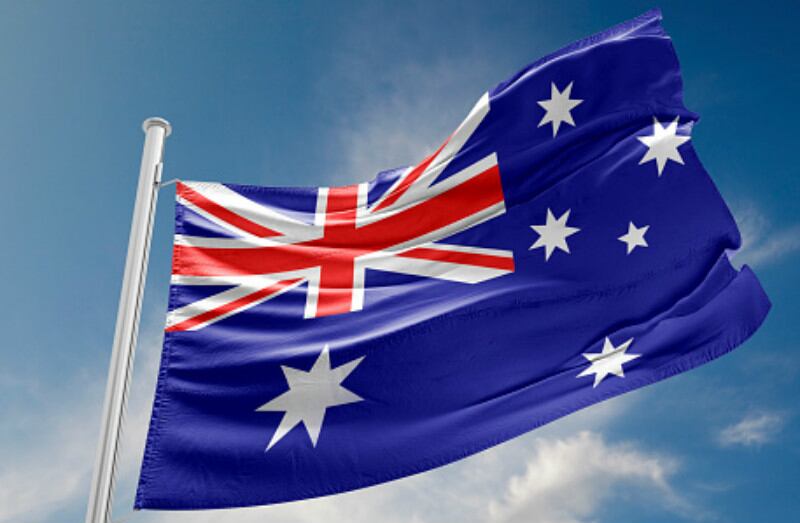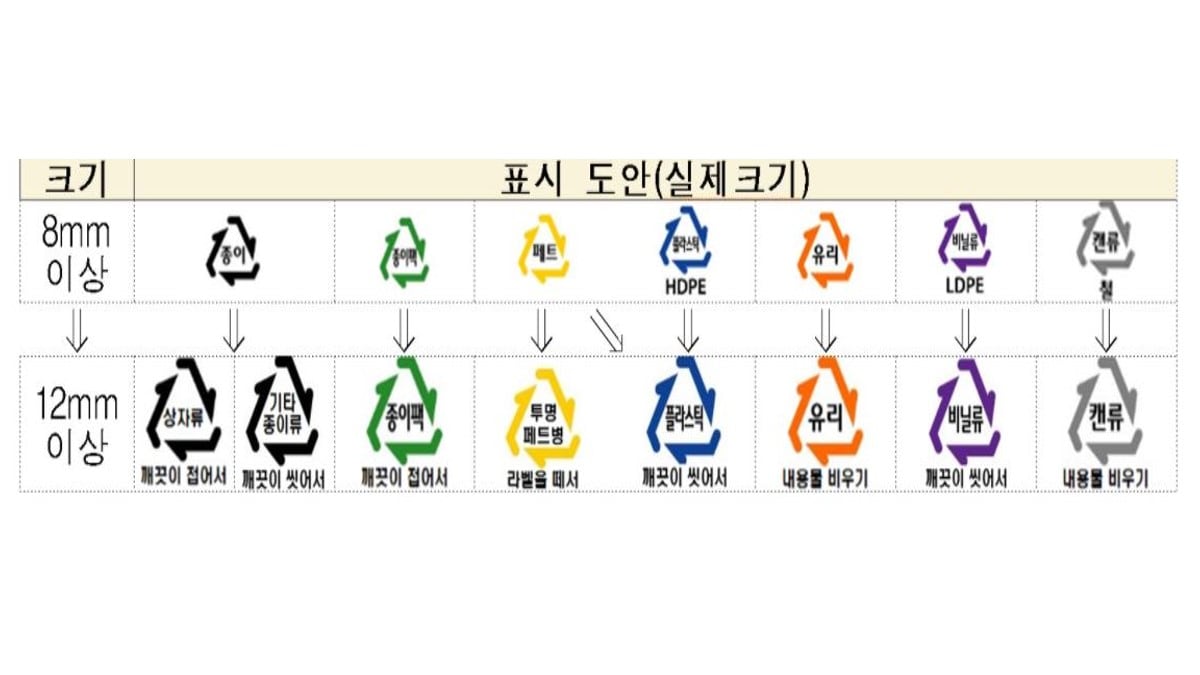Mandatory fortification in India: Regulation set to compel firms to fortify edible oil and milk - FSSAI exclusive
The Food Safety and Standards Authority India (FSSAI) has revealed plans to make fortification mandatory for edible oil and milk over the next few months, in addition to intensifying its focus on local staples such as rice, wheat and salt.
According to FSSAI Director (Food Fortification Resource Centre/FFRC) Inoshi Sharma, the mandatory regulations will apply to all food and beverage companies dealing in edible oil and milk within India’s organised food sector.
“At present it is not mandatory to fortify these foods, but we will be issuing regulations in about three or four months that will make it compulsory for all edible oil and milk from any manufacturer in the open market to be fortified,” Sharma told FoodNavigator-Asia.
Organic governance in Australia: Domestic legislation finally on horizon to benefit international trade
Domestic legislation is finally on the horizon for the Australian organic industry, which would particularly benefit food and beverage companies looking to export by providing more efficient access to foreign markets.
The Australian organic sector is one of the most successful industry-regulated sectors in the country, and also a rare example of an industry requesting the government to introduce legislation for governance as opposed to others such as the non-alcoholic beverage industry.
“In the absence of legislation, we basically came together as an industry, above individual competing interests, to agree on using the National Export Standard locally,” Andrew Monk, Chairman of Murray River Organics and previous Chairman of industry body Australian Organic, told FoodNavigator-Asia.
High caffeine warnings: South Korea enforces mandatory warning labels and tightens rules for coffee and tea
The South Korean Ministry of Food and Drug Safety (MFDS) has introduced mandatory warning labels and tightened regulations governing ‘high caffeine’ beverages, including coffee and tea products.
This was announced as part of the latest amendment to the Enforcement Regulations of the Act on Labeling and Advertisement of Food under Prime Minister Decree No. 1642, and will formally enter into force after December 31 2021.
“The packages of all liquid foods containing 0.15mg or more caffeine per ml will be required to display a warning label mentioning ‘high caffeine content’ as well as the phrase ‘Total Caffeine Content OOO mg’ (sic, OOO being the amount of caffeine present),” said MFDS.
Processed foods ban: India bars sales and marketing of ‘unhealthy’ foods in and around schools
India has introduced a ban on the sales, advertisement and promotion of all foods high in saturated fat or trans-fat or added sugar or sodium (HFSS) in school grounds as well as within 50 metres from the premises.
According to the Food Safety and Standards Authority of India (FSSAI), the HFSS foods as mentioned in this charter will cover all foods, both prepared meals and processed food products, that are being sold within Indian school walls.
“Whether it’s beverages high in sugar, potato chips, cookies, noodles – any type of food that is potentially HFSS, the points in this charter apply to it,” FSSAI Director for the Food Fortification Resource Centre (FFRC), who is also in charge of the school food programme, told FoodNavigator-Asia.
‘Headed for failure’: Australian researchers criticise local food system inadequacies and overly complex governance
Australian researchers have called out the local food system for being uncoordinated and overly complex in its governance, urging the government to work out a coherent and strategic approach for food-related policy-making.
This was conveyed via a new policy report ‘The need for a strategic food policy for Australia’, which was written by Commission for the Human Future (CHF) researchers based on the contributions of 45 food industry experts and stakeholders, as well as insights gleaned from its recent Round Table on Global Food Security.
“[Despite] the importance, complexity and cost of [a national] food policy, the Federal Government does not have a strategic, coordinated or integrated approach to governing the food system,” said the authors.





